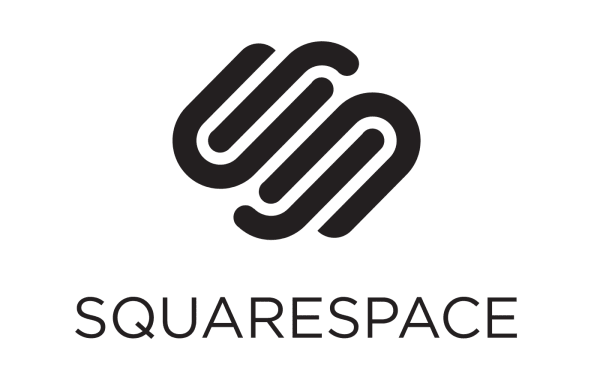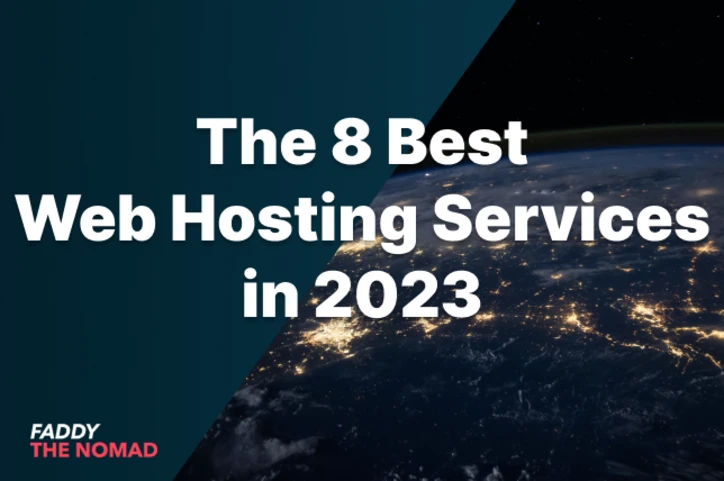The 3 Best Website Builders for Digital Nomads in 2023
Looking to build a killer website but don't know where to start? You're in luck. In this comprehensive guide, we're breaking down the top website builders of 2023. Whether you're a coding newbie or a seasoned pro, we've got the inside scoop on the platforms that make website creation a breeze. Get ready to find the builder that's tailor-made for your needs, and let's turn that dream website into a reality.
Summary
- Hostinger - Hostinger offers an affordable, easy-to-use website builder with a simple interface, geared towards beginners.
- GoDaddy - GoDaddy provides an all-in-one solution with a user-friendly interface and built-in marketing tools.
- Squarespace - Squarespace is designed for those who prioritize aesthetics, offering visually appealing templates and in-built analytics.
1. Hostinger

Hostingeris a solid choice for those who are new to website building, especially if you're on a budget.
It offers a drag-and-drop experience and hundreds of templates to get you started, making it incredibly user-friendly.
If you're looking for a budget-friendly option that doesn't skimp on features, Hostinger has you covered.
Additionally, their 24/7 customer support ensures that help is always just a click away, making it a reliable option for beginners.
The platform also comes with built-in SEO tools, allowing you to optimize your site for search engines right from the get-go.
It's a comprehensive solution that aims to make website building as straightforward as possible.
Pros
- Reliable web hosting
- Beginner-friendly
- Affordable
- Drag-and-drop interface
- Hundreds of templates
- SEO tools available
- 24/7 customer support
- Free SSL security
- Fast loading times
- Mobile-responsive designs
Cons
- No mobile app
- Limited advanced features
- No built-in analytics
- No e-commerce capabilities
2. GoDaddy

GoDaddy is more than just a domain registrar; it's a comprehensive website building platform.
For instance, besides having website building support, they also have a fully fledged webhosting service.
With its drag-and-drop interface and built-in marketing tools, it simplifies the process of creating and promoting your website.
It's a good fit for those who want a straightforward, all-in-one solution.
The platform also offers a range of SEO and social media marketing tools, making it easier to attract and engage your audience.
GoDaddy also provides options for online appointments and payments, streamlining the user experience.
It's a robust platform designed to meet a variety of needs, from simple blogs to complex e-commerce sites.
Pros
- Wide variety of templates
- Straightforward development process
- Built-in marketing tools
- Email and social media campaigns
- One-time appointments and payments
- SSL certificate included
- 24/7 customer support
- Mobile-responsive designs
- Fast website loading
- SEO optimization tools
Cons
- Limited ecommerce features
- No built-in analytics
- Limited template customization
- Higher renewal rates
3. Squarespace

Squarespaceis the go-to for visually stunning websites.
It offers a range of design templates and customization options to make your site uniquely yours.
While it may not be a one-size-fits-all solution, it excels in providing a visually appealing, customizable platform.
The in-built analytics and SEO tools also make it easier to monitor your site's performance and optimize for search engines.
Squarespace is also equipped with e-commerce capabilities, allowing you to easily set up an online store.
It's a versatile platform that caters to a variety of needs, whether you're a blogger, artist, or entrepreneur.
Pros
- Easy SEO setup
- Professional-looking design templates
- In-built analytics
- Customizable templates
- Content types for blogs, portfolios, etc.
- Pre-built layouts
- Password and page locks
- 24/7 customer support
- Mobile-responsive designs
- E-commerce capabilities
Cons
- No direct HTML access
- Not a one-size-fits-all platform
- Higher price point
- Limited third-party integrations
Read more

3 Best HP Laptops in 2023

3 Best Lenovo Laptops in 2023

3 Best ASUS Laptops in 2023

The 8 Best Webhosting Services for Digital Nomads in 2023

Digital Nomad Calculator





